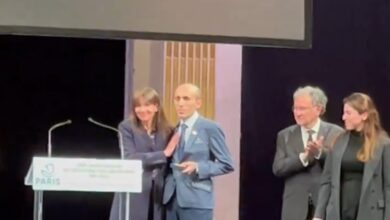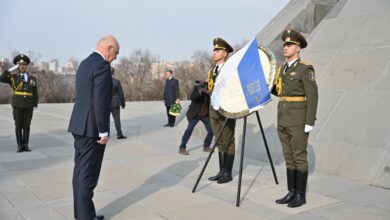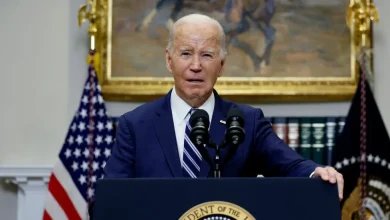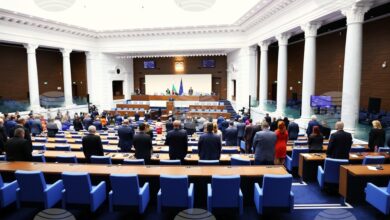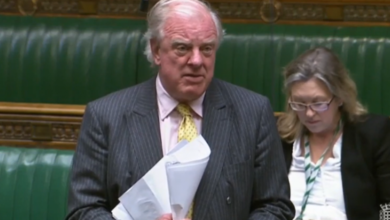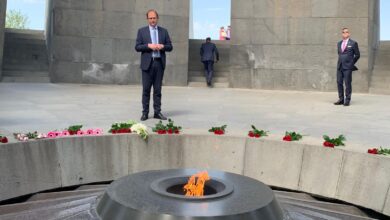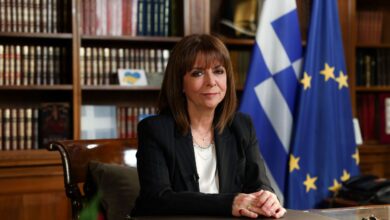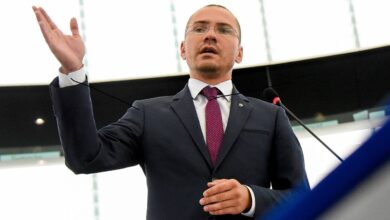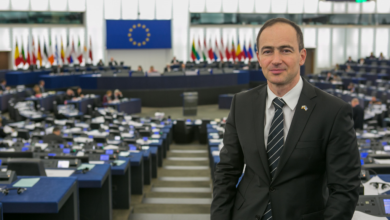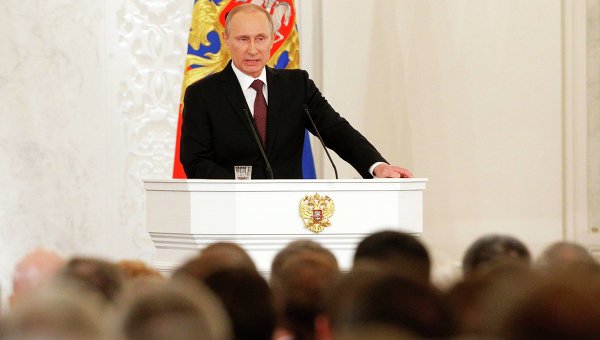
Russian President Vladimir Putin and the leaders of Crimea signed a treaty Tuesday reunifying Crimea with Russia.
The Russian parliament is expected to ratify the treaty later on Tuesday.
The referendum on independence in Crimea was conducted in strict accordance with democratic principles and the international law, President Vladimir Putin told the Federal Assembly today, Russia Today reports.
Putin stressed that the results of the referendum, in which more than 82 percent of Crimean residents came to polling stations and more than 96 percent of those voted for rejoining Russia, leave no room for equivocation.
He said the history of Crimea, its cultural, religious and spiritual ties bind it with the peoples of Russia, Ukraine and Belarus, which explains the attitude Russians have towards the peninsula.
Putin lashed out at former Soviet leader Nikita Khrushchev, under whose rule Crimea was attached to the Soviet Ukraine without any regard for Crimeans’ wishes and in violation of the laws of the time.
Crimean separation from Russia was reinforced again after the split of the Soviet Union, Putin said. This could be partially blamed on Moscow too, as it hailed the so-called “parade of sovereignty” of the Soviet Republics.
Putin criticized several governments in Kiev for neglecting average Ukrainians, seeing the country as a source of profit.
He said he sympathized with Ukrainians who took to the streets of Kiev in protest against President Yanukovich, whom they saw as profoundly corrupt.
But the new authorities who replaced Yanukovich after an armed coup are to a large degree controlled by the radical nationalists, Putin stated.
The president brushed aside the allegations that Russia “invaded” Crimea ahead of the referendum. He said Moscow only reserved the right to use its troops to protect ethnic Russians from the radicals, but never did so.
Whatever troops Russia has in Ukraine are present lawfully, since Russia can deploy up to 25,000 troops as part of the contract to maintain its naval base in Crimea, Putin said.
Putin dismissed criticism of the Crimean referendum, which calls the move illegitimate. He cited Kosovo’s unilateral declaration of independence as an example of self-determination praised by the West.
That ballot was ruled legitimate from the standpoint of international law by the International Court of Justice, and the same rule applies to Crimea, he said.
He dismissed the notion that Kosovo was a unique case due to the bloodshed and ethnic conflicts in Yugoslavia, a position maintained by Washington.
The ICJ says nothing about number of victims in justifying Kosovo’s secession from Serbia, Putin said.
The Russian president also praised the Ukrainian military in Crimea, who showed restrained during the crisis and did not allow any bloodshed in the defiant peninsula.
Putin accused the West of cheating Russia on many occasions, doing whatever it wants in pursuit of its own interests regardless of the legality of such actions. He said it was high time for Western powers to admit that Russia has its own international agenda and national interests too, and that they must be respected.
Russia would not tolerate the expansion of NATO to its borders and the military threat it poses, Putin said. Moscow is not against cooperation with NATO, but only if it is done with mutual respect.
Putin said that amid the Ukrainian turmoil and considering the historic context, he understood well why the Crimean people chose to join Russia. Any other status would not ensure the stability and safety of Crimea. Crimea wants to be under a stable sovereignty, and the fact is that this sovereignty may only be Russian, he stressed.


